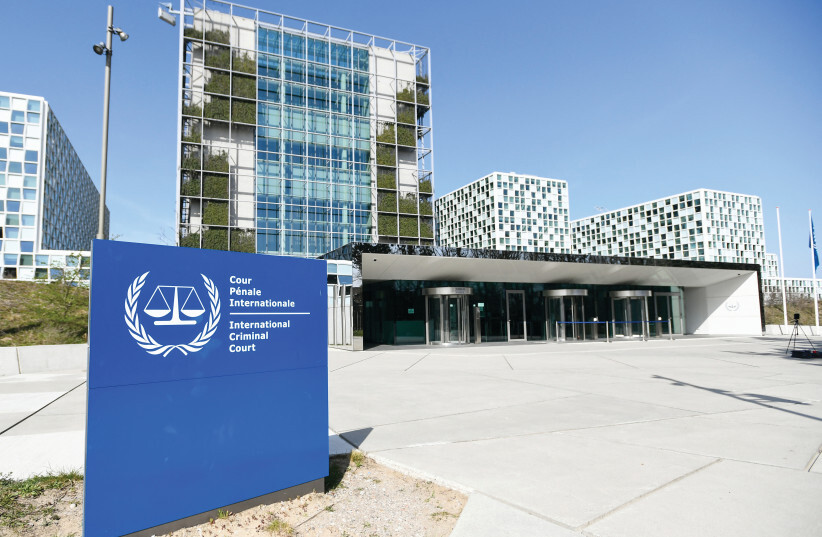The Chief Prosecutor of the International Criminal Court (ICC), Karim Khan, has reportedly been warned against publicly announcing any new arrest warrant requests targeting Israeli officials, according to a report by The Guardian published Tuesday. The warning comes amid rising tensions between the ICC and the Israeli government, as well as international pressure surrounding the Court’s investigation into alleged war crimes in Gaza and the West Bank.
Ongoing Legal Battles and Political Pressures
The Guardian cited two anonymous sources familiar with internal proceedings at the ICC who said Khan had been preparing to issue additional arrest warrant requests for Israeli suspects involved in military and government operations. These new warrants would follow previous legal actions targeting top Israeli leaders, including Prime Minister Benjamin Netanyahu and former Defense Minister Yoav Gallant.
In January 2025, Prosecutor Khan formally objected to Israel’s appeal of war crimes warrants previously approved by the ICC’s Pre-Trial Chamber in November 2024. These warrants had drawn sharp criticism from Israeli officials, who denounced the ICC’s actions as politically motivated and an overreach of jurisdiction.
Israel appealed the Pre-Trial Chamber’s ruling to the ICC’s Appeals Chamber—the Court’s highest judicial authority—seeking to reverse the warrant approvals. That appeal is still pending.
Concerns Over Political Fallout
The warning to Khan not to publicize further warrants reportedly stems from concerns over political fallout, especially given the geopolitical sensitivity of the Israel-Palestine conflict and its global ramifications. The report suggests that unnamed parties may fear a backlash from allies of Israel, including Western governments, who have criticized the ICC for what they view as a disproportionate focus on democratic nations.
Khan, known for his assertive approach to pursuing international justice, is said to be navigating increasing pressure from both internal court sources and external governments, weighing the legal imperative to act against the potential consequences of international diplomatic tensions.
Context of the ICC’s Investigation
The ICC launched its formal investigation into possible war crimes committed in the Palestinian territories in 2021, covering events dating back to June 2014. The investigation includes allegations against both Israeli and Palestinian actors, including Hamas. However, the recent warrants for Israeli officials have significantly intensified scrutiny of the Court’s processes.
Israel is not a signatory to the Rome Statute, the treaty that established the ICC, and does not recognize its jurisdiction. Nonetheless, the ICC maintains that it has authority over crimes committed in Palestinian territories following Palestine’s accession to the Rome Statute in 2015.
Broader Implications
This development highlights the growing tension between international legal institutions and sovereign states. It also raises concerns about the politicization of global justice mechanisms and the difficult balance the ICC must maintain between impartial enforcement of international law and navigating the pressures of global diplomacy.

For Prosecutor Khan and the ICC, the path forward appears fraught with complexity. As the Appeals Chamber considers Israel’s objection, the outcome could set a significant precedent for how the ICC handles future cases involving high-level officials from powerful or non-member states.
In Summary:
- ICC Chief Prosecutor Karim Khan has been warned not to publicize new Israeli arrest warrant requests.
- He previously issued war crimes warrants for Netanyahu and Gallant, which Israel has appealed.
- The case highlights international tensions over ICC jurisdiction and the challenges of enforcing international justice amid political resistance.